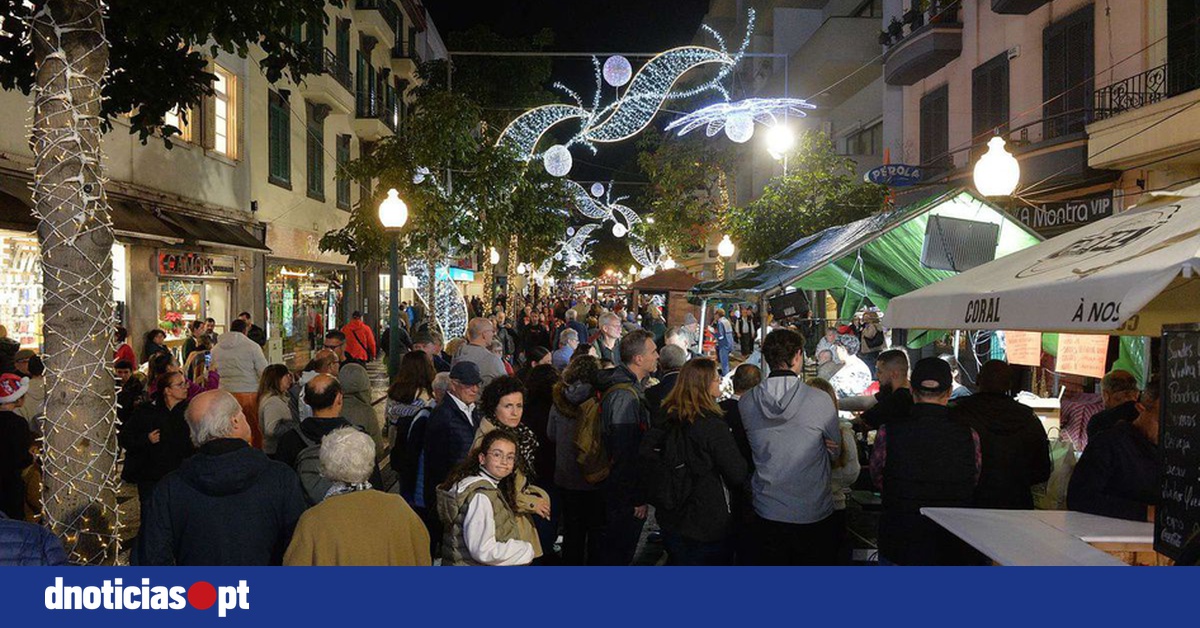Summary:
PCP proposes naming a street after Celeste Caeiro, symbol of the April Revolution.
Unanimous vote of condolence passed for Caeiro's recent passing at 91.
Caeiro's act of placing carnations in soldiers' rifles became a historic symbol.
Previous proposals for a monument and Medal of Honor remain unfulfilled.
Caeiro's legacy includes educating children about the significance of freedom.
Celeste Caeiro's Legacy Honored in Lisbon
The PCP (Portuguese Communist Party) in Lisbon has proposed naming a street after Celeste Caeiro, the woman who transformed the carnation into a symbol of the April Revolution of 1974. This proposal was introduced during a private meeting of the municipal executive and is awaiting scheduling for discussion and voting.
In this meeting, the PCP also successfully passed a unanimous vote of condolence for the recent passing of Celeste Caeiro, expressing heartfelt condolences to her family and friends. Caeiro, who passed away at the age of 91 in Leiria Hospital, was remembered as a strong-willed communist activist who faced life's challenges with perseverance and kindness.
The PCP emphasized that Celeste Caeiro, affectionately known as Celeste dos Cravos, will forever be linked to the history and memory of April 25th and the fight for freedom in Portugal. Her remarkable act of placing carnations in soldiers' rifles during the revolution is celebrated, along with her lifelong dedication to educating children about the significance of this historical event.
As part of the 50th anniversary celebrations of the April Revolution, the PCP had previously proposed to honor Caeiro with a public monument and the Medal of Honor of the City, initiatives that remain unfulfilled.
During the anniversary events, Caeiro and her granddaughter shared the story of how the carnations became synonymous with the revolution, clarifying a common misconception that a florist was responsible for handing a carnation to a soldier. Instead, Caeiro, who was working in a self-service restaurant at the time, received a bouquet of flowers from her boss to distribute to customers. She took her bouquet to the streets, where she encountered soldiers, and in a moment of solidarity, offered one of her carnations to a soldier, who placed it in his weapon, solidifying its status as a revolutionary symbol.










Comments
Join Our Community
Create an account to share your thoughts, engage with others, and be part of our growing community.